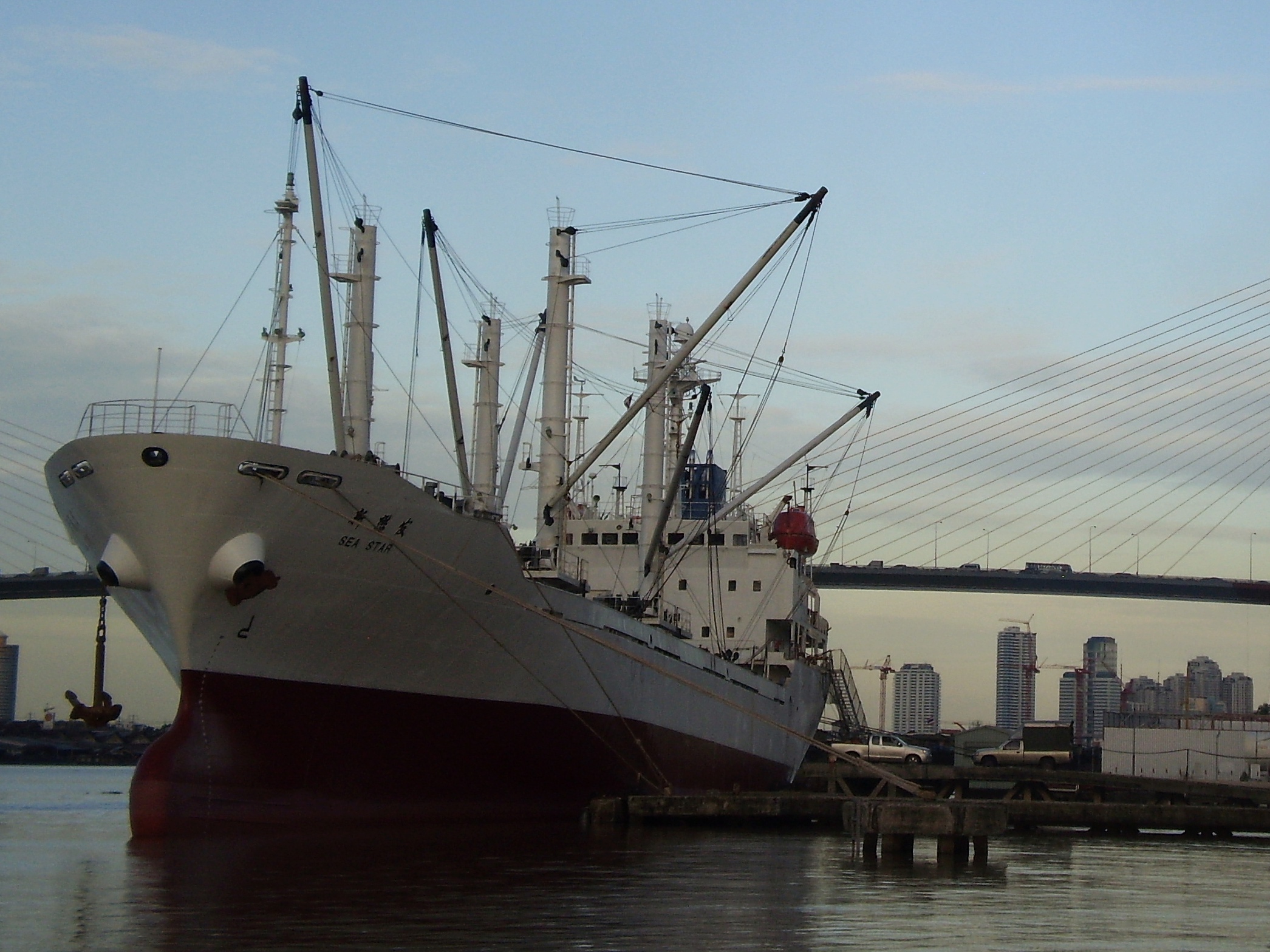
Port State measures (PSMs) are an important component of the ‘toolbox’ of monitoring, control and surveillance (MCS) measures aimed at effectively monitoring the global trade of seafood products and preventing fish derived from illegal, unreported and unregulated (IUU) fishing practices entering the marketplace.
While PSMs have long been applied at the individual State and Regional Fisheries Management Organisation (RFMO) level, the most prominent global agreement on PSMs is the United Nations Food and Agriculture Organization’s Port State Measures Agreement (PSMA), which entered into force in June 2016.
As States implement the PSMA or PSMs more effectively (e.g. requirements to use only designated ports, stronger inspection regimes, etc) there is the potential to change the behaviour of fishing fleets in response to the new measures. To examine the ‘real world’ influence of changes in PSMA/PSM implementation, the Pew Charitable Trusts commissioned MRAG Asia Pacific, in partnership with Global Fishing Watch (GFW), to undertake a study looking at changes in foreign fishing fleet behaviour in the periods ‘before’ and ‘after’ PSMA (or PSM) implementation in a number of case study ports internationally. The overall aim was to examine whether changes in behaviour could be detected using publicly available Automatic Identification System (AIS) data, and the extent to which any changes were influenced by PSMA/PSM implementation (as opposed to other factors influencing port usage – e.g. changes in the distribution of fishing effort, availability of local support services).

info@mragasiapacific.com.au
(07) 3371 1500
2/29 Woodstock Road
Toowong QLD 4066
© 2021 MRAG Asia Pacific. All Rights Reserved.